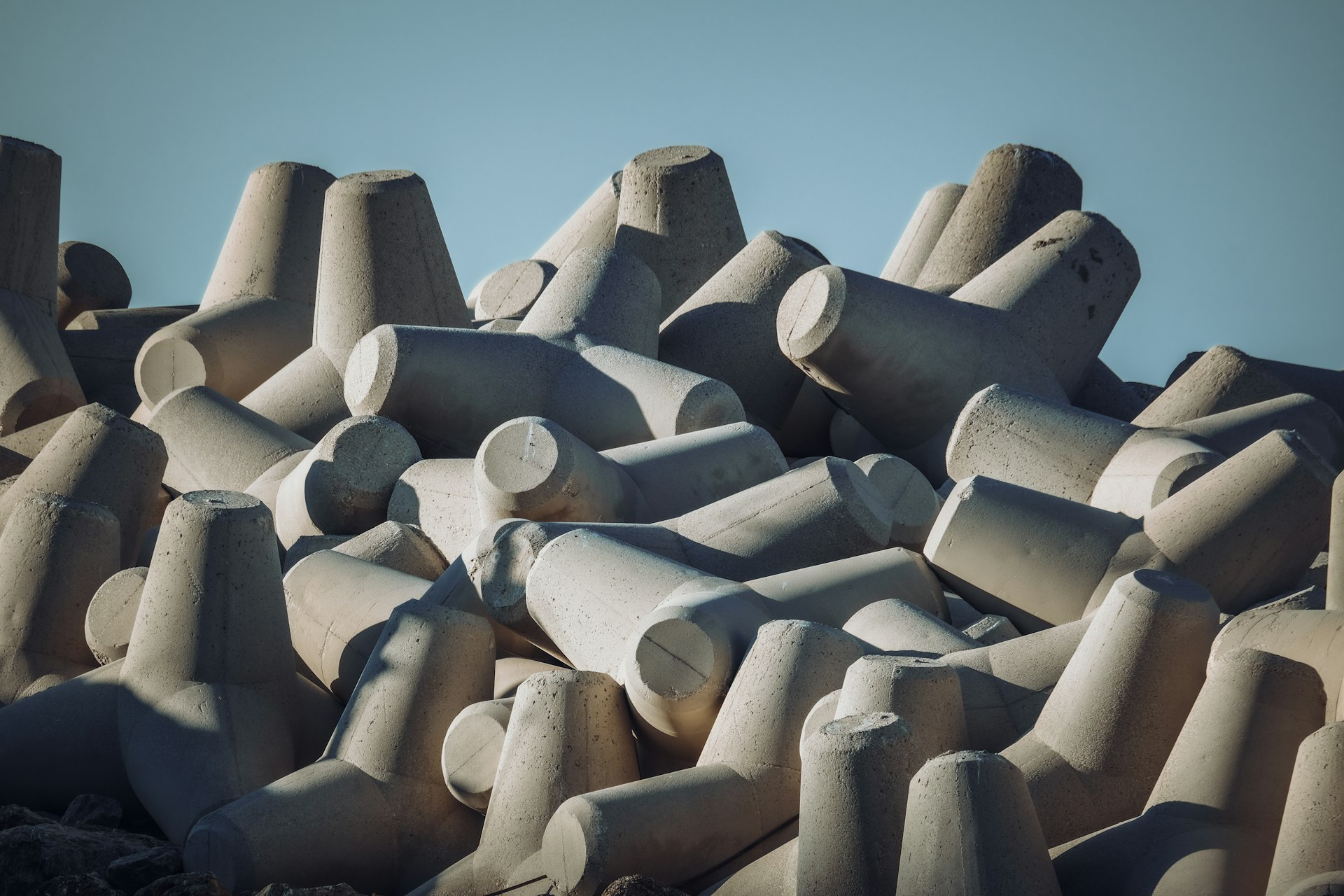The Environmental Impact of Petroleum: Why Oil Is Bad for the Environment

Photo by Odile on Unsplash
How Petroleum Affects the Environment
Petroleum, commonly known as oil, has become a cornerstone of modern life, fueling transportation, industry, and the production of countless consumer goods. However, its environmental footprint is vast and complex, affecting air, water, soil, wildlife, and the global climate. Understanding these impacts is essential for making informed choices about energy use and sustainability.
Climate Change and Air Pollution
The burning of petroleum products is the largest single source of greenhouse gas emissions, particularly carbon dioxide (CO2) and methane, which are major drivers of global climate change. In 2017, oil and gas use accounted for over 55% of global CO2 emissions from energy sources, with the petroleum industry directly responsible for about 8% of total emissions [1] . These gases trap heat in the atmosphere, leading to rising global temperatures, more intense storms, prolonged droughts, and increased frequency of wildfires [1] .
Vehicle exhaust and industrial emissions also release harmful pollutants such as nitrogen oxides (NOx), sulfur dioxide (SO2), and particulate matter. These pollutants contribute to smog, acid rain, and respiratory illnesses in humans. In the United States, it’s estimated that around 13% of deaths in adults are attributable to fossil fuel pollution [3] .
Oil Spills and Water Contamination
Oil spills-whether from tanker accidents, pipeline leaks, or offshore drilling-are among the most visible and devastating environmental disasters. Even small spills can have significant consequences. Oil spreads rapidly over water surfaces, forming a thin layer that blocks sunlight and oxygen, harming aquatic plants and animals [2] . Just one liter of oil can contaminate a million liters of water, making it toxic for drinking and deadly for wildlife [2] .
Animals are particularly vulnerable. Birds coated in oil lose their waterproofing and insulation, often dying from hypothermia. Marine mammals like seals and otters can suffer similar fates, while fish and invertebrates may perish from toxicity or suffocation. Oil also disrupts the food chain, as contaminated prey can poison predators. Recovery from such events can take decades, and some ecosystems never fully rebound [2] .

Photo by Moritz Kindler on Unsplash
Land and Habitat Destruction
The extraction and transportation of oil require extensive infrastructure-well pads, access roads, pipelines-that fragment and degrade natural habitats. This leads to soil erosion, loss of vegetation, and decreased biodiversity [4] . In sensitive environments, such as wetlands or forests, the damage can be irreversible. Oil development also consumes large amounts of water, which can strain local supplies, especially in arid regions [4] .
Spills and leaks on land can contaminate soil, making it infertile and toxic to plants and microorganisms essential for healthy ecosystems. Over time, this can lead to long-term ecological imbalances and reduced agricultural productivity.
Ocean Acidification
Beyond warming the planet, CO2 emissions from burning petroleum also dissolve in seawater, forming carbonic acid. Since the Industrial Revolution, ocean pH has dropped from 8.21 to 8.10-a 30% increase in acidity [1] . This acidification makes it harder for marine organisms like corals, mollusks, and plankton to build and maintain their shells and skeletons. If current trends continue, ocean pH could fall to 7.8 by 2100, threatening marine biodiversity and the livelihoods of communities dependent on fishing and tourism [1] .
Is Oil Bad for the Environment?
Given the breadth and severity of its impacts, petroleum is undeniably harmful to the environment. From local pollution to global climate disruption, the costs of oil dependence are high. Oil is toxic to plants, animals, and humans; it disrupts ecosystems, contaminates water supplies, and contributes to respiratory and cardiovascular diseases [2] . The extraction process itself damages land and habitats, while spills and leaks can cause lasting ecological harm [4] .
Climate change, driven largely by fossil fuel combustion, has already resulted in over 2 million deaths and $4.3 trillion in damage from natural disasters in the past 50 years [3] . The petroleum industry is a major contributor to this crisis, and without significant reductions in oil use, these trends are expected to worsen.
What Can Be Done?
Reducing Petroleum Use
Individuals and communities can take concrete steps to reduce reliance on petroleum:
- Use public transportation, carpool, bike, or walk to decrease gasoline consumption.
- Choose energy-efficient vehicles or consider electric or hybrid options.
- Support renewable energy by opting for providers that use wind, solar, or hydropower.
- Reduce plastic use , as most plastics are petroleum-based. Opt for reusable containers and bags.
- Advocate for policy changes that promote clean energy and stricter environmental regulations.
Responding to Spills and Pollution
If you witness an oil spill or suspect contamination, report it immediately to local environmental agencies. In the U.S., contact the National Response Center (1-800-424-8802) or your state’s environmental protection department. For smaller spills, such as motor oil leaks, use absorbent materials to contain the spill and dispose of it properly at a hazardous waste facility. Never pour oil down drains, as it can contaminate water supplies [2] .
Supporting Conservation and Restoration
Support organizations dedicated to habitat restoration, wildlife rehabilitation, and environmental advocacy. Volunteer for local clean-up efforts and educate others about the impacts of petroleum. Consider donating to groups that work on oil spill response and prevention.
Conclusion
Petroleum has enabled modern conveniences and economic growth, but its environmental costs are profound and far-reaching. Oil pollution harms air, water, soil, and wildlife, while its role in climate change poses existential risks to societies worldwide. Reducing petroleum use, supporting clean energy, and advocating for stronger environmental protections are essential steps toward a more sustainable future. While the transition away from oil presents challenges, the benefits-cleaner air, healthier ecosystems, and a stable climate-are worth the effort.
References
[1] Wikipedia: Health and environmental impact of the petroleum industry . Comprehensive overview of petroleum’s environmental effects, including climate change, air pollution, and ocean acidification.
[2] Oil Care Campaign: The Impact of Oil on The Environment . Detailed explanation of how oil spills and pollution harm water, wildlife, and ecosystems.
[3] BKV Energy: Environmental Impact of Crude Oil . Analysis of oil’s role in climate change, health impacts, and pollution.
[4] Western Resource Advocates: Addressing Impacts from Oil and Gas Development . Discussion of land use, habitat fragmentation, and water resource impacts from oil and gas extraction.
MORE FROM savvysc.com













